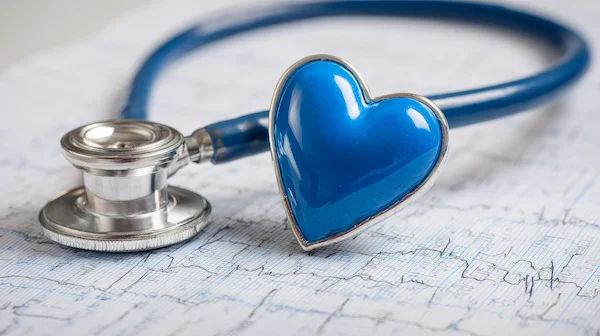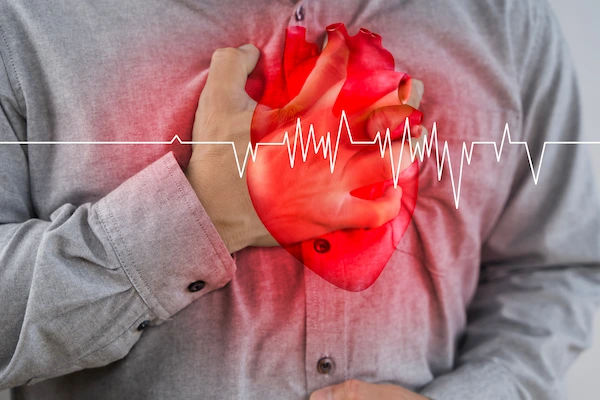- Male
- 49 Years
- 22/01/2025
I've had an angioplasty with a drug-eluting stent placed back in March, and I'm currently on medication. I'm really wondering if it's okay for me to have alcohol socially. I used to enjoy whiskey about twice a week before all of this. Can you give me some advice on whether that's still safe?
Answered by 1 Apollo Doctors
After angioplasty with a drug-eluting stent, moderate social alcohol consumption is generally allowed, but consult your cardiologist first; if permitted, limit whiskey consumption to 1-2 units (30-60ml) per occasion, 1-2 times a week, and prioritize medications, healthy diet, regular exercise, and stress management for optimal heart health.
Dr. Shubham Suggests...
Consult a Cardiologist
Answered 04/07/2025
0
0

More Cardiology Health Queries
View allI'm really worried about my dad. He recently had an acute heart attack, and he's 68. Thankfully, he's stable now, but he's also dealing with diabetes. We consulted a cardiologist and decided not to do the angiography because his serum creatinine level was around 1.7, which was a bit high. He's on medication at the moment. Our cardiologist mentioned vaccines called Pulmovac and Vomimp for his heart. I'm curious to know if these vaccines are helpful and if there are any potential side effects I should be aware of.
Pulmovac is a vaccine that helps in preventing pneumonia, which is important in individuals with heart conditions to reduce the risk of respiratory infections. Vomimp is a vaccine that helps in preventing influenza, which is crucial in maintaining overall health and reducing the risk of complications in individuals with heart problems. Both vaccines are generally safe and well-tolerated, with common side effects being mild and temporary such as redness or swelling at the injection site, low-grade fever, or body aches. It is recommended for your father to follow the cardiologist's advice and get vaccinated to protect his heart health. The dosage and schedule for these vaccines will be provided by the healthcare provider administering them.
Answered by 1 Apollo Doctors
My mom had angioplasty last month, and she's been feeling really nauseous and dizzy recently. Is this something that usually happens after that type of surgery? I'm a bit worried about whether it's part of the recovery or if we should be more concerned.
yes u can use it, visit ur physician for apprpropriate managent
Answered by 1 Apollo Doctors
I'm 21 and I've noticed my blood pressure readings are a bit all over the place. It was 149 over 78 at one point, and then it changed to 109 over 70. My pulse rate also jumps around from 110 to 72. I'm a bit worried and wondering if there's an issue or if this is normal for my age. Can you help me understand what's going on?
See a specialist for accurate diagnosis and targeted treatment.
Answered by 1 Apollo Doctors
Disclaimer: Answers on Apollo 247 are not intended to replace your doctor advice. Always seek help of a professional doctor in case of an medical emergency or ailment.




